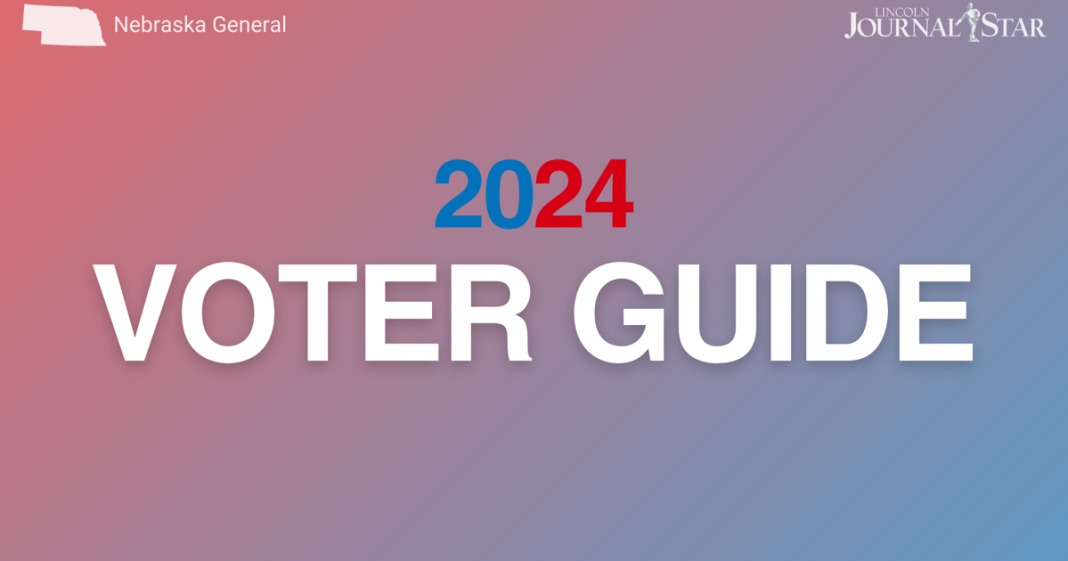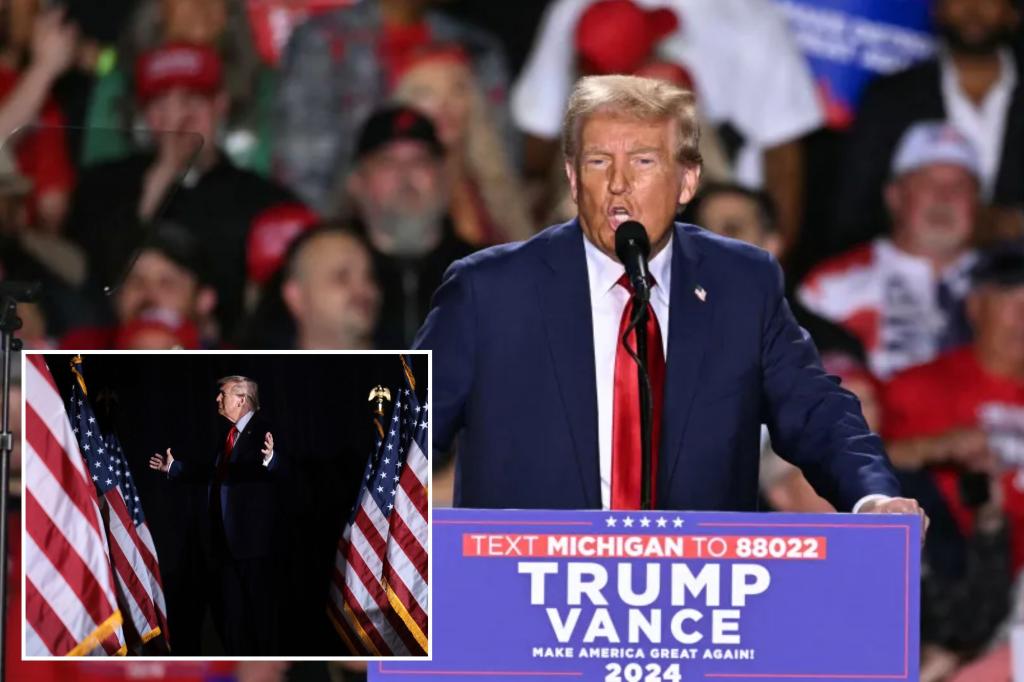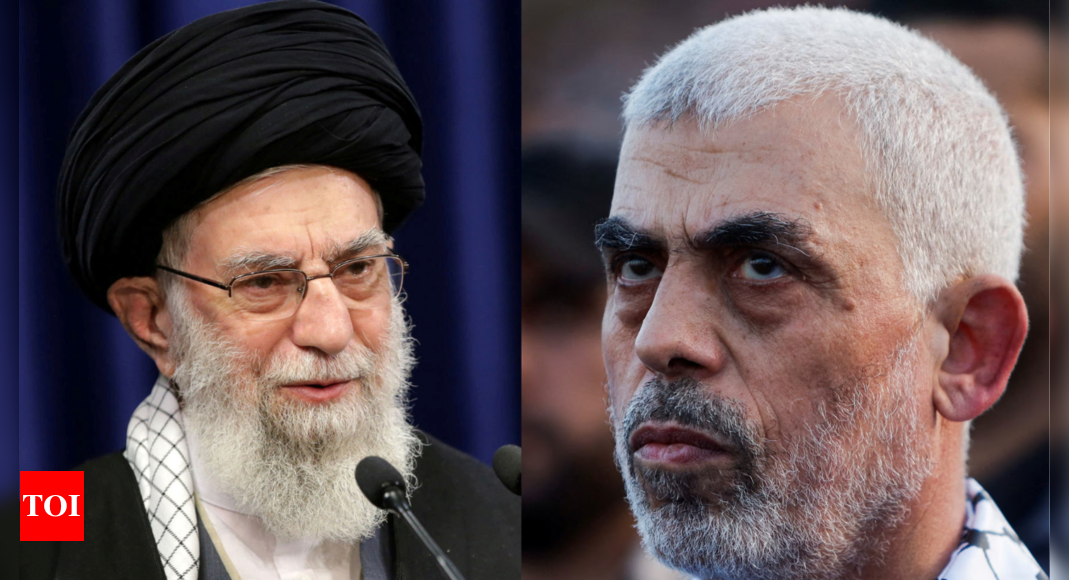Nebraska Gears Up for a Pivotal 2024 General Election
As the 2024 presidential election approaches, Nebraskans are preparing to make their voices heard at the polls. With early voting already underway, voters across the state will soon cast their ballots on a range of critical issues, including two U.S. Senate races, U.S. House seats, and six statewide ballot measures that address hot-button topics such as abortion, paid sick leave, and marijuana access.
In just a few weeks, on November 8, voters will not only decide who will lead the nation but also influence local governance, with races for the Nebraska Legislature, State Board of Education, and various local boards, including the University of Nebraska Board of Regents and the Lancaster County Board.
To assist voters in making informed choices, the Lincoln Journal Star and Omaha World-Herald have reached out to candidates in state and local races, asking them to provide biographies and answer questions about their platforms. Each candidate’s responses have been limited to 80 words and edited for clarity.
Key Ballot Measures
This election cycle is particularly noteworthy due to the presence of competing measures on abortion rights. One measure seeks to expand abortion access, while another aims to impose restrictions. The Secretary of State has indicated that whichever measure garners the most votes will become law.
Additionally, two medical marijuana initiatives are on the ballot, with one allowing doctors to recommend cannabis and the other establishing a regulatory framework for medical marijuana in Nebraska. However, a pending lawsuit could potentially invalidate both initiatives due to alleged signature irregularities.
U.S. Senate Races
Nebraska voters will also face a unique situation with two U.S. Senate races. Republican Senator Deb Fischer is seeking reelection against independent challenger Dan Osborn, while Republican Pete Ricketts, appointed to the Senate last year, is running against Democrat Preston Love Jr. in a special election to complete the remaining two years of Ben Sasse’s term.
Congressional Contests
All three of Nebraska’s congressional districts will see incumbents vying for reelection. In the 1st District, Congressman Mike Flood faces Democratic challenger Carol Blood. The 2nd District features a rematch between Rep. Don Bacon and Democrat Tony Vargas, while Rep. Adrian Smith seeks his tenth term against Democrat Daniel Ebers in the 3rd District.
Legislative and Local Races
The Nebraska Legislature, known for its unique nonpartisan structure, will see 25 seats contested this year, with many races featuring no incumbents due to term limits. In Southeast Nebraska, six seats are up for election, with a mix of contested and uncontested races.
Voters will also weigh in on the Nebraska Board of Regents, where all four candidates on the ballot are incumbents. The State Board of Education is poised for significant changes, with four new members expected to be elected, potentially shifting the board’s ideological balance.
Local Governance and Judicial Retention
In addition to state and federal races, Nebraskans will have the opportunity to vote on local governance issues, including elections for the Lancaster County Board and various natural resources district boards. Furthermore, voters will decide whether to retain 33 state court judges, a process that allows judges to remain in office if they receive more votes for retention than removal.
Conclusion
As Nebraskans prepare for this crucial election, the emphasis on informed voting is paramount. With a diverse array of candidates and issues on the ballot, voters are encouraged to engage with the election process and make their voices heard. For those looking to stay updated on the latest developments, local news outlets are providing resources and candidate surveys to help guide decision-making ahead of November 8.



